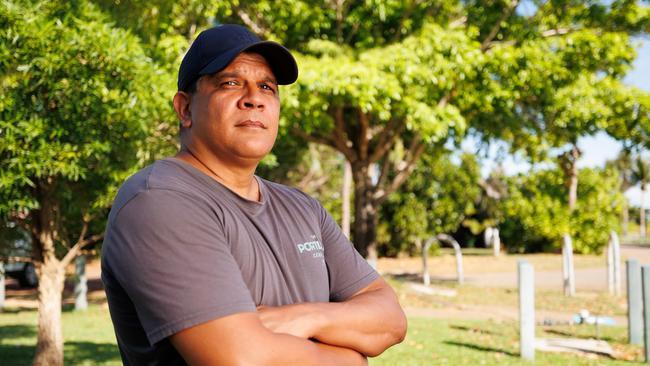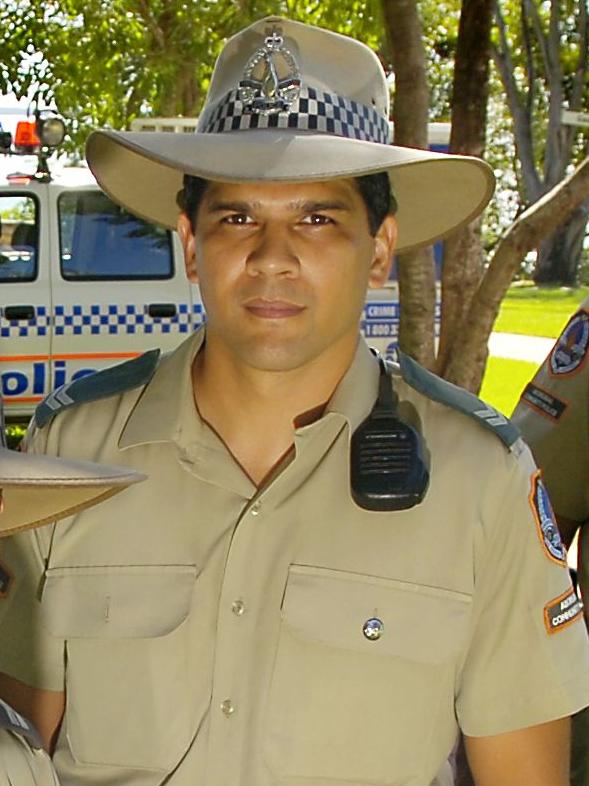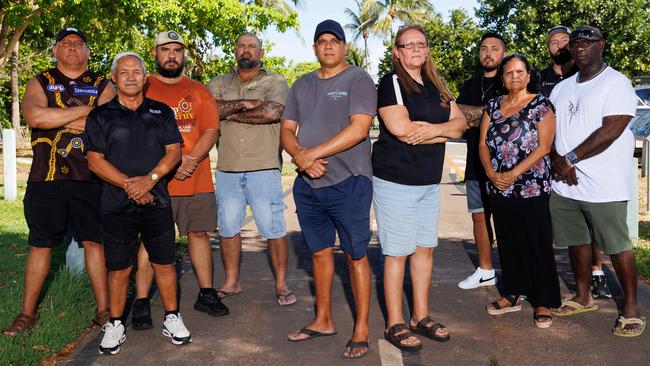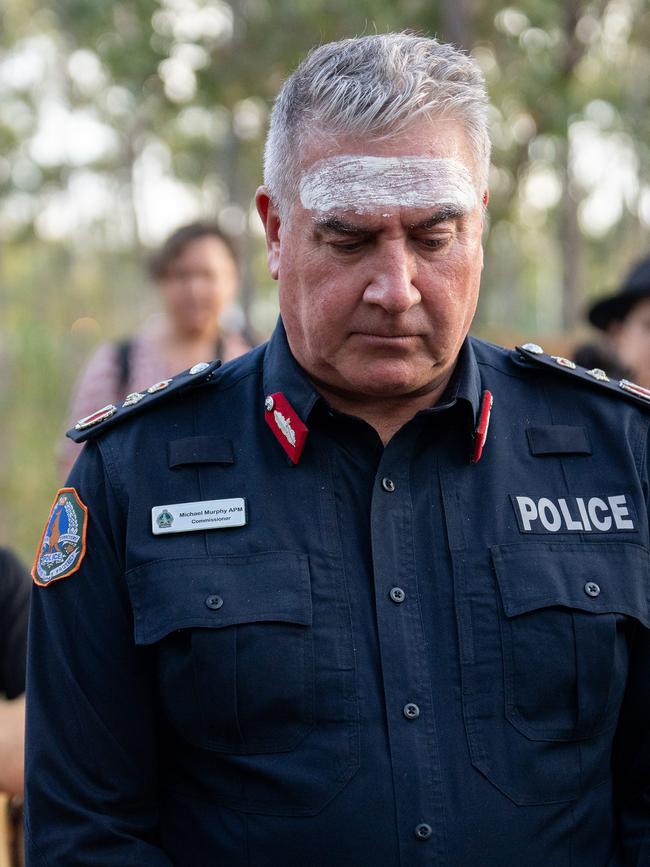Northern Territory Police ‘cleaned Aboriginal people off the streets before VIP visits’
Aboriginal police have confirmed the Northern Territory’s long-denied policy of ‘cleaning up the streets’ by removing homeless Indigenous people from public view for visits by political leaders.

Aboriginal police officers have confirmed a practice long-denied by the Northern Territory Police Force of “cleaning up the streets” – removing homeless Indigenous people from public areas in Darwin and Alice Springs – when political leaders such as Anthony Albanese visit the cities.
Indigenous people are also regularly removed from CBD areas on Anzac Day and the Bombing of Darwin Memorial Day, and in the past during visits by Prince Charles and US president Barack Obama, Aboriginal police allege in documents filed with the Australian Human Rights Commission.
Whenever significant events are held within city areas that “have political interest and guaranteed media attention or presence”, Aboriginal Community Police Officers are directed to move on Indigenous people who sleep or congregate in the area “to give public perception that homelessness and anti-social behaviour is not an issue”, according to a complaint lodged by more than 20 ACPO officers.
Even outside significant events, superior officers label certain areas in Darwin as “hotspots” in weekly meetings based on phone calls received by police relating to anti-social behaviour and information provided by other agencies, including Darwin City Council, Public Housing, Crown Lands and security companies.

Once these areas have been labelled “hotspots”, ACPOs such as former AFL player Shawn Lewfatt are tasked with moving on Indigenous people from these areas, logging patrols and providing statistics to supervisors after having done so, according to documents filed with the AHRC.
“These locations are often public places by definition and regardless of the Indigenous persons being sober and not committing any offences, Mr Lewfatt and other ACPOs are directed to move them on until such time as they are no longer present in the area,” the Aboriginal officers allege.
“On multiple occasions, Mr Lewfatt has witnessed Aboriginal groups complain, stating ‘We haven’t done anything wrong, we are just sitting here’ before reluctantly being moved on to another area. Mr Lewfatt has never seen a person of any race other than Aboriginal being directed to leave any of these areas.”
Another Aboriginal police officer says he witnessed a white constable first class abusing two Indigenous women who had been busking, calling them “black dogs” and “black camp dogs” and then proceeded to drag one of the women by the leg to the rear of the van and arrest them both.
The ACPOs are claiming damages for more than two decades of racial discrimination over pay and conditions, as well as compensation for pain and suffering, which they allege has been caused by systemic racism in the NT Police Force.

The Aboriginal officers have revealed shocking conduct including police secretly urinating in an Aboriginal man’s wine cask; challenging elderly, intoxicated Aboriginal men to fight; displaying a picture of a monkey during a police interview with an Aboriginal person; and charging Indigenous people with offences they did not commit.
A female Aboriginal officer alleges that on one occasion while on patrol duty with a white constable, the pair encountered an Aboriginal man on the side of the river, drinking a bottle of beer. The white officer told the man, “Put the bottle of beer down!” in an aggressive tone and then grabbed him by the ankles and flicked him into the police wagon cage.
Because the man was intoxicated and his reflexes impaired, he fell into the cage without any resistance, and suffered the full force of the impact. The incident was so brutal it left the Indigenous officer in tears.
Mr Lewfatt and other ACPOs, including NT Police Association executive member Lisa Burkenhagen, say they have been subjected to racist stereotyping and stigmatisation as useless and lazy slackers, repeatedly being called “SLACPOs” by white officers.
Levitt Robinson Solicitors senior partner Stewart Levitt, representing the APCOs in the case, says that if the matter is not successfully conciliated, his firm will take the case to the Federal Court.

ACPOs perform the same work as regular NT police on many occasions, including operational and investigative duties, but for far less pay and worse working conditions, according to the complaint. The base salary for constables is at least $6000 a year higher than for ACPOs.
The complaint comes after Police Commissioner Michael Murphy’s controversial Garma Festival apology for “past harms and injustices, caused by members of the NT Police”.
“The ACPOs say that the apology was itself offensive, as it implied that they had been complicit in the racist system,” Mr Levitt said. “They should have been excluded from those members of the NT Police on whose behalf the apology was given.
“The commissioner should have been apologising to us, too,” several of the ACPOs added.
NT Police declined to answer questions from The Australian, saying “this is an ongoing legal matter”.





To join the conversation, please log in. Don't have an account? Register
Join the conversation, you are commenting as Logout